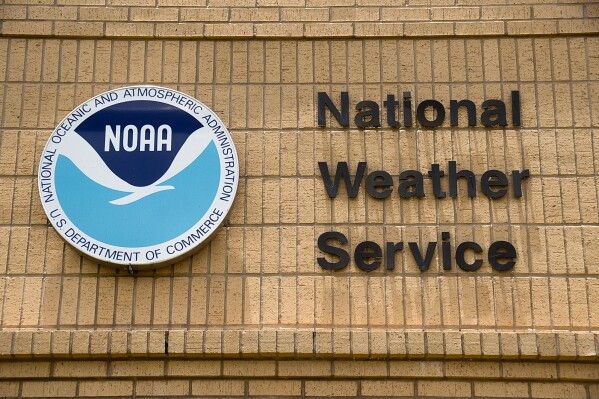How Tariffs Threaten Mississippi’s Economy
- Yaller Dog
- May 1, 2025
- 2 min read
As calls for new tariffs resurface in U.S. political debate, it’s crucial to understand how such measures could disproportionately harm our state. While tariffs are often framed as a tool to protect American industries, in practice, they raise input costs, strain export-dependent sectors, and threaten local jobs. For Mississippi—a state with a robust agricultural sector, strong manufacturing presence, and global export ties—the economic damage from new or expanded tariffs could be severe.

Agriculture: Higher Costs, Fewer Buyers
Our farmers depend on access to affordable equipment and steady overseas markets. Tariffs on steel and aluminum, for example, increase the cost of farm machinery, while retaliatory tariffs from other countries—like China—often target American agricultural exports. In past trade wars, soybean growers, poultry producers, and cotton farmers in Mississippi were hit especially hard, facing both price drops and lost foreign buyers.
Mississippi ranks in the top five U.S. states for poultry production. China, Mexico, and other export markets are critical. When those markets retaliate, Mississippi producers lose revenue.
The Mississippi Farm Bureau Federation has warned that ongoing or expanded trade restrictions could destabilize rural economies and lead to farm closures.
Manufacturing and Ports: Supply Chain Shockwaves
Tariffs on imported components hurt Mississippi’s manufacturing sector, particularly in automotive and aerospace industries. Nissan’s major plant in Canton and the state’s growing aerospace presence rely on complex global supply chains. When imported parts get more expensive or harder to access, those operations slow, and jobs are at risk.
Additionally, Mississippi’s ports—especially the Port of Gulfport—depend on steady international trade. Increased costs and reduced global demand due to tariffs could lead to shipping slowdowns, affecting dock workers, freight companies, and local economies tied to port activity.
Small Businesses and Consumers
For Mississippi’s small businesses, tariffs often mean higher prices on everything from tools to textiles. Many retailers and service providers depend on imported goods and pass those rising costs on to consumers. In a state where household incomes already lag the national average, this could push basic goods out of reach for working families.
Conclusion
Tariffs may aim to punish foreign producers, but the economic reality for Mississippi is clear: they hit local farmers, factory workers, small businesses, and families the hardest. With agriculture, manufacturing, and trade woven deeply into the state’s economy, tariffs act like a tax on growth—slowing production, shrinking markets, and straining household budgets. Policymakers seeking to strengthen Mississippi should prioritize trade stability, not disruption.




Comments